Article from Cnet.com by Marguerite Reardon February 9, 2020 5:00 AM PST
In 1937, when only about 10 percent of Central Virginians in rural areas had electric service, a small group of citizens banded together to form the Central Virginia Electric Cooperative. With some help from a new federal loan program, they brought electricity to the mountainous, rural terrain, which encompasses areas such as the Blue Ridge Parkway and Appalachian Trail.
Some 80 years later, that same co-op is working to connect its territory again, this time by bringing high-speed internet access to its 38,000 electricity members across parts of 14 counties. It's not an easy job. While some parts of the co-op's territory might have access to slower DSL service or spotty cellphone service, other places hidden among the mountains may not be reachable even by satellite.
"There are areas where there are no options whatsoever," said Gary Wood, CEO of Central Virginia Electric Cooperative. But despite the geographical hurdles, Wood added there's a real need for high-speed broadband to access education, remote health care or even to apply for a job. Without it, he said, certain communities could cease to exist as young people leave and don't return.
"Just like other rural areas, it's harder and harder to attract and keep people here," he said. "Young people move away, and they don't come back to an area without internet access."
With broadband becoming as essential as running water, communities like the ones served by Wood's co-op say they need access to high-speed broadband to improve people's daily lives and provide a standard of living equal to that of urban and suburban parts of the country. It's a problem that spans the country from Oklahoma to New Hampshire.
The federal government has already spent billions of dollars trying to fix this problem. But there are still huge swaths of the country that are unserved. In recent years, there's been a growing trend among electric co-ops, which electrified these same rural parts of the country in the 1930s and 1940s, to do it again for broadband. And now, as politicians from the left and right see the issue as a way to appeal to rural voters, some are also catching onto the idea that rural co-ops could be the answer to finally bridge the digital divide in rural America.
A campaign issue
As Democratic presidential hopefuls vie for votes in states with large rural areas like New Hampshire, where citizens go to the polls in the country's first primary on Tuesday, they're putting forth plans they hope will appeal to these voters. Sens. Elizabeth Warren of Massachusetts and Bernie Sanders of Vermont have been the strongest proponents of doing for broadband internet what President Franklin D. Roosevelt did for electricity. The two progressives say a New Deal-style plan is in order to ensure broadband arrives throughout all parts of rural America.
They're proposing spending $150 billion and $85 billion respectively to expand funding for municipal, nonprofit and cooperatively owned broadband providers.
"Just like the electric companies eighty years ago, today's biggest internet service providers (ISPs) have left large parts of the country unserved or dramatically underserved," Warren said in a blog introducing her plan last summer. "This ends when I'm President."
A natural fit
In spite of the billions of dollars in private investment and government subsidies over multiple decades, still roughly 26% of people living in rural areas and 32% of people living on tribal lands don't have access to broadband, compared with about 2% in urban areas, according to Federal Communications Commission figures for 2017.
The reason is simple. Building networks in rural America is incredibly expensive, and in some places it's nearly impossible. The terrain can be a problem in places like central Virginia, nestled among the Appalachian and Blue Ridge mountain ranges. In Alaska or Minnesota, the ground could be frozen for more than half the year, making it nearly impossible to install fiber or other infrastructure.
But the bigger hurdle is a lack of potential customers. In areas with low population density, broadband providers simply won't offer service if they can't get enough customers to pay for it.
The challenge is not unlike what the country faced in the early 20th century when millions of Americans lacked electricity because commercial utilities found it too expensive to build out the infrastructure.
That's why Roosevelt established the Rural Electrification Administration in 1935. A key part of the New Deal, the REA resulted in the creation of hundreds of small electric cooperatives throughout the US that relied on federal funds. Today 900 such cooperatives still exist, providing rural America with electricity. Unlike municipally owned networks, these co-ops are owned by their customers or members. They run like a regular business with profits often reinvested in the business or paid out in dividends to members.
Nearly eight decades later, co-ops are stepping up again to provide another much needed service for the 21st century.
Electric co-ops and publicly owned municipal electric utilities have a number of natural advantages that let them deploy and provide fiber-based broadband service, said Jon Sallet. A fellow with the Benton Foundation and a former general counsel at the FCC, Sallet focuses on policies to support FCC actions to promote broadband access and deployment.
For instance, these electric utilities already reach everyone within their service areas. They've built much of the necessary infrastructure for providing broadband, such as utility poles that are used to string fiber for broadband, and they can leverage existing resources, such as billing, customer support and administrative personnel. Sallet said all of that means the co-ops should face fewer risks and lower entry costs compared with other new entrants.
Patrick Grace, CEO and general manager at Oklahoma Electric Cooperative, one of the oldest co-ops in the state, said it makes sense that co-ops would again step in to fill this role.
"Electric co-ops were at the core of bringing electricity to rural areas in the 1930s," he said. "We're still in these communities serving rural America. And we see what our communities need."
Grace said calls from his membership helped drive his cooperative to launch its broadband subsidiary OK Fiber in 2018. The co-op is building the broadband infrastructure to bring service to its 43,000 members and is already offering customers 100Mbps speeds for $55 a month and 1Gbps for $85 a month.
"We realized our community couldn't expect to do business, teach our kids, access telemedicine or take advantage of all kinds of other things without access to the internet," he said. "So we stepped in."
Making it happen
The trend is picking up momentum. In 2010, only one electric co-op was providing broadband connectivity. Today more than 140 co-ops across the country are offering gigabit-speed broadband reaching more than 300 communities, according to the Institute for Self Reliance, a nonprofit advocacy group that helps communities with sustainable development.
"Co-ops have proven that this is a model that works," the group said in a report published last year. "With increased support from federal and state governments, they will continue to connect rural Americans to economic and educational opportunities otherwise denied to them."
One of the biggest drivers pushing electric co-ops to offer broadband has been the modernization of their electric grids to make them "smarter" and more resilient. The foundation of the smart grid technology is a two-way fiber-optic communications network that's used to restore service after outages, balance power loads and use resources more efficiently. Consumers can also use the technology to better manage their own energy consumption and costs, because they have easier access to their own data.
Once co-ops buy into the benefits of smart grid technology, offering broadband service becomes a natural next step. With the investment in the communications network already made, adding broadband service is much less daunting.
That was the experience of Central Virginia Electric Cooperative when it launched its FireFly Fiber Broadband subsidiary two years ago, Wood said. Only with the move to smart grid technology could the co-op justify the $110 million cost of deploying a gigabit broadband network.
Demand for the service, which comes in two speed tiers, 100Mbps for $49.99 and 1Gbps for $79.99, has been higher than expected, he added. Roughly 40% to 50% of members are taking the service as it becomes available in different parts of the co-op's service territory. This is higher than the 30% rate that the co-op had predicted when it committed to building the network.
"If you've never had internet access, it's like the 1930s when electricity first arrived," he said. "It's life-changing."
Money could make the difference
Still, the cost of deploying broadband in rural areas isn't cheap. Groups such as the National Rural Electric Cooperative Association say more money from state and federal governments is needed to make the economics work in the hardest-to-reach and least populated areas of the country.
The feds have started to step in. Last year, the Department of Agriculture provided more than $600 million in loans and grants and the FCC allocated more than $200 million to 35 electric co-ops, which were allowed for the first time to participate in a Universal Service Fund auction.
In 2020, electric co-ops will get the opportunity to compete in a reverse auction for $20.4 billion in subsidies from the FCC's new Rural Digital Opportunity Fund, which will be allocated over the next 10 years.
Wood says he welcomes the additional cash and the attention electric co-ops are getting from presidential candidates.
"It makes it more realistic for us to look beyond our electric co-op territory," he said. "We know the person right next door to the person at the end of our line still needs broadband. If we can get more money, we can help solve the problem for a few more of our neighbors."
https://www.cnet.com/news/electric-cooperatives-could-be-the-key-to-solving-the-rural-digital-divide/




 formed a unique public-private partnership with a goal of creating an electric distribution network to make electricity available across the nation of Burundi. NRECA’s International Team has been working with Virunga Power to develop an electrification expansion plan that will guide electrification investments, including engineering design for the first phase of the project in Burundi.
formed a unique public-private partnership with a goal of creating an electric distribution network to make electricity available across the nation of Burundi. NRECA’s International Team has been working with Virunga Power to develop an electrification expansion plan that will guide electrification investments, including engineering design for the first phase of the project in Burundi.
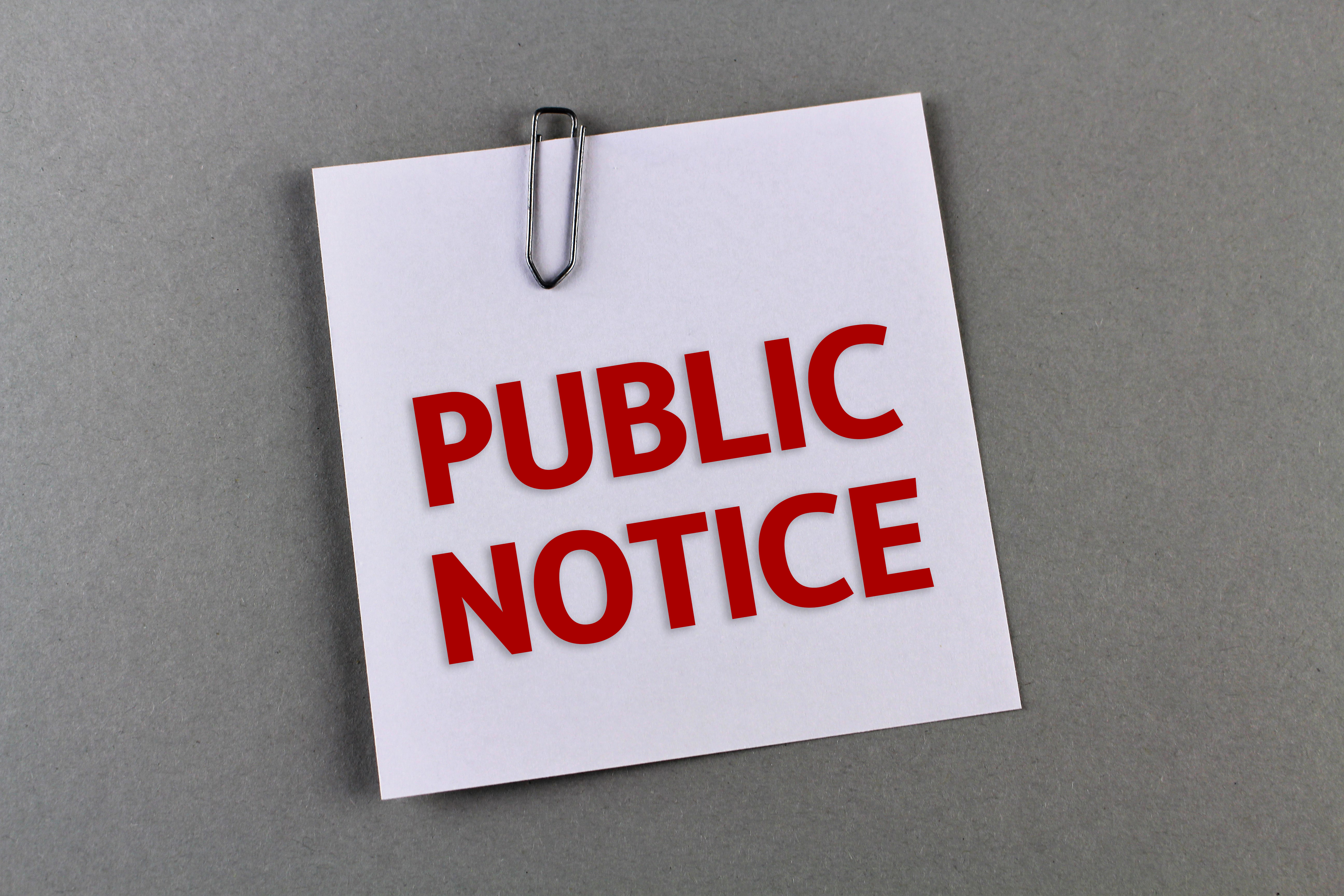

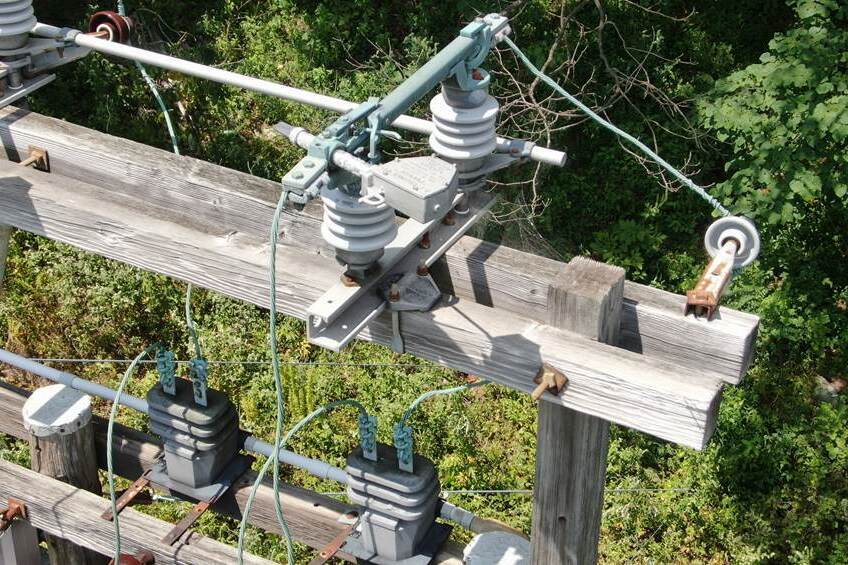
 Last year, over 20,400 assets were inspected as part of CVEC’s Inspection and Maintenance (I&M) program. Nearly 10,000 of those were completed using a CVEC-operated drone, which allows the Operations team to photograph and examine pole-top equipment much more efficiently than with the use of bucket trucks. Additionally, over 10,800 assets were inspected by foot. These assets include equipment on the ground, such as the base of poles and equipment within the substation.
Last year, over 20,400 assets were inspected as part of CVEC’s Inspection and Maintenance (I&M) program. Nearly 10,000 of those were completed using a CVEC-operated drone, which allows the Operations team to photograph and examine pole-top equipment much more efficiently than with the use of bucket trucks. Additionally, over 10,800 assets were inspected by foot. These assets include equipment on the ground, such as the base of poles and equipment within the substation.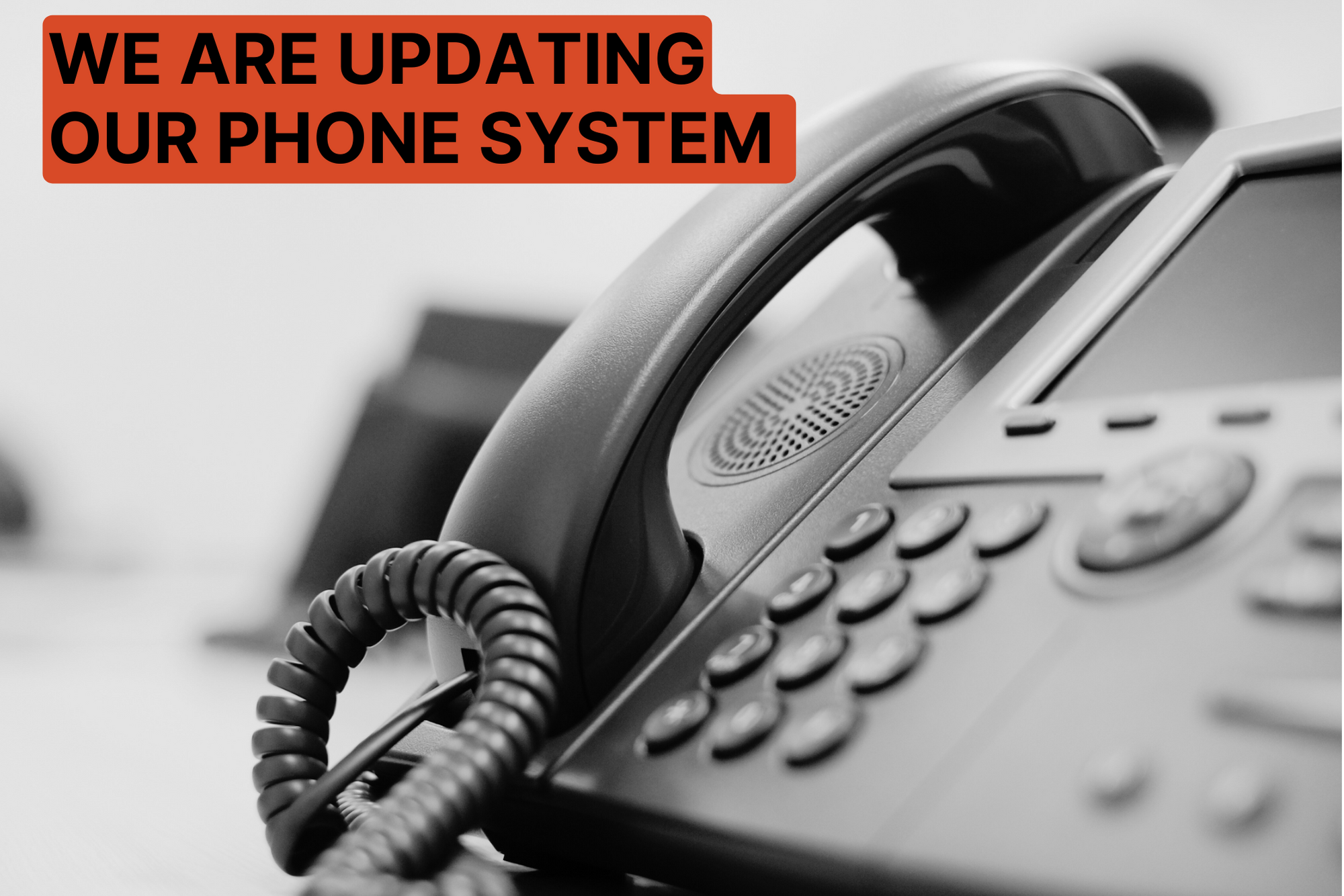
 CVEC has been working behind the scenes to update our phone system to provide an easier and more efficient member experience. We are excited to announce that we are close to full implementation of this new system.
CVEC has been working behind the scenes to update our phone system to provide an easier and more efficient member experience. We are excited to announce that we are close to full implementation of this new system. 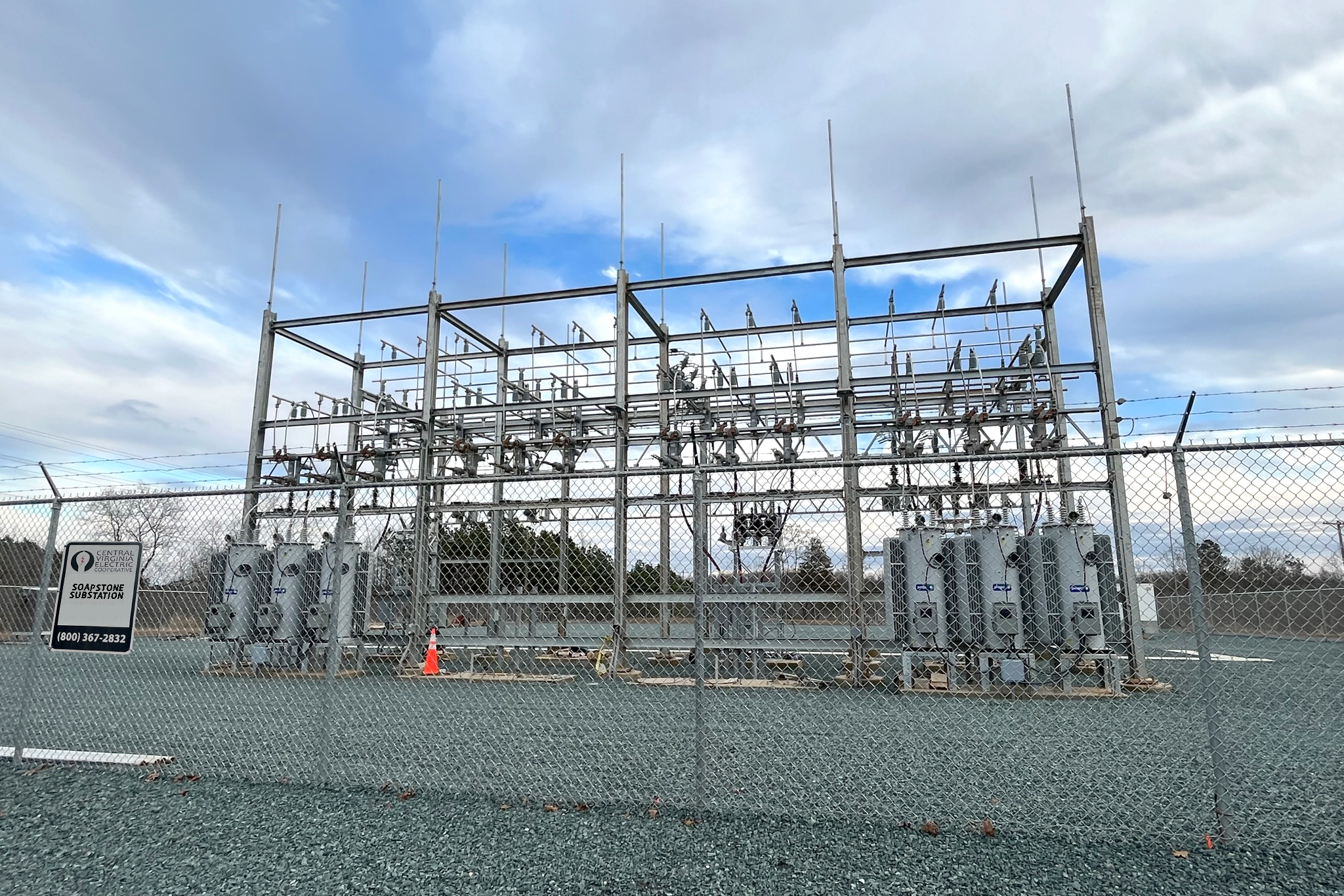



 When the outside temperature gets closer to the freezing mark, heat pumps become less efficient and use more electricity to maintain a comfortable temperature inside your home. This prolonged stretch of below-freezing temperatures we are experiencing is keeping heat pumps running almost constantly and consuming more electricity just to keep you comfortable.
When the outside temperature gets closer to the freezing mark, heat pumps become less efficient and use more electricity to maintain a comfortable temperature inside your home. This prolonged stretch of below-freezing temperatures we are experiencing is keeping heat pumps running almost constantly and consuming more electricity just to keep you comfortable.
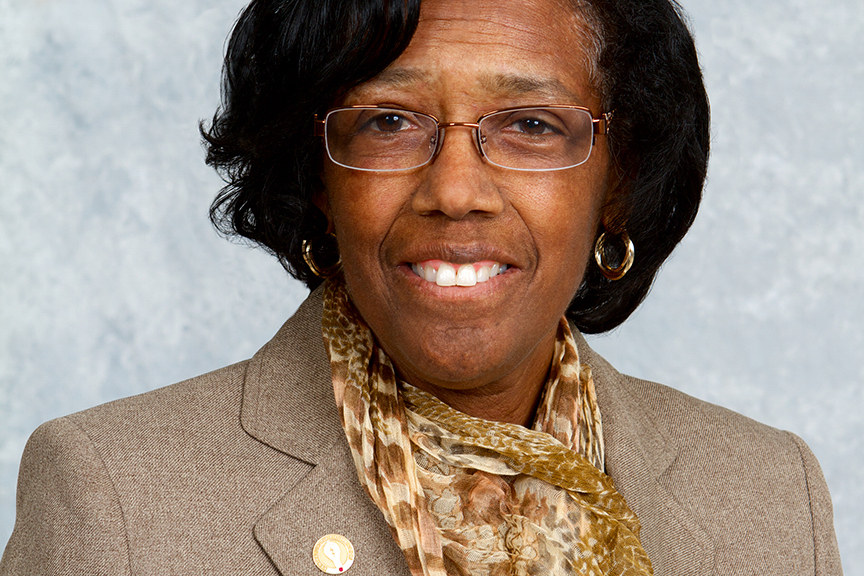

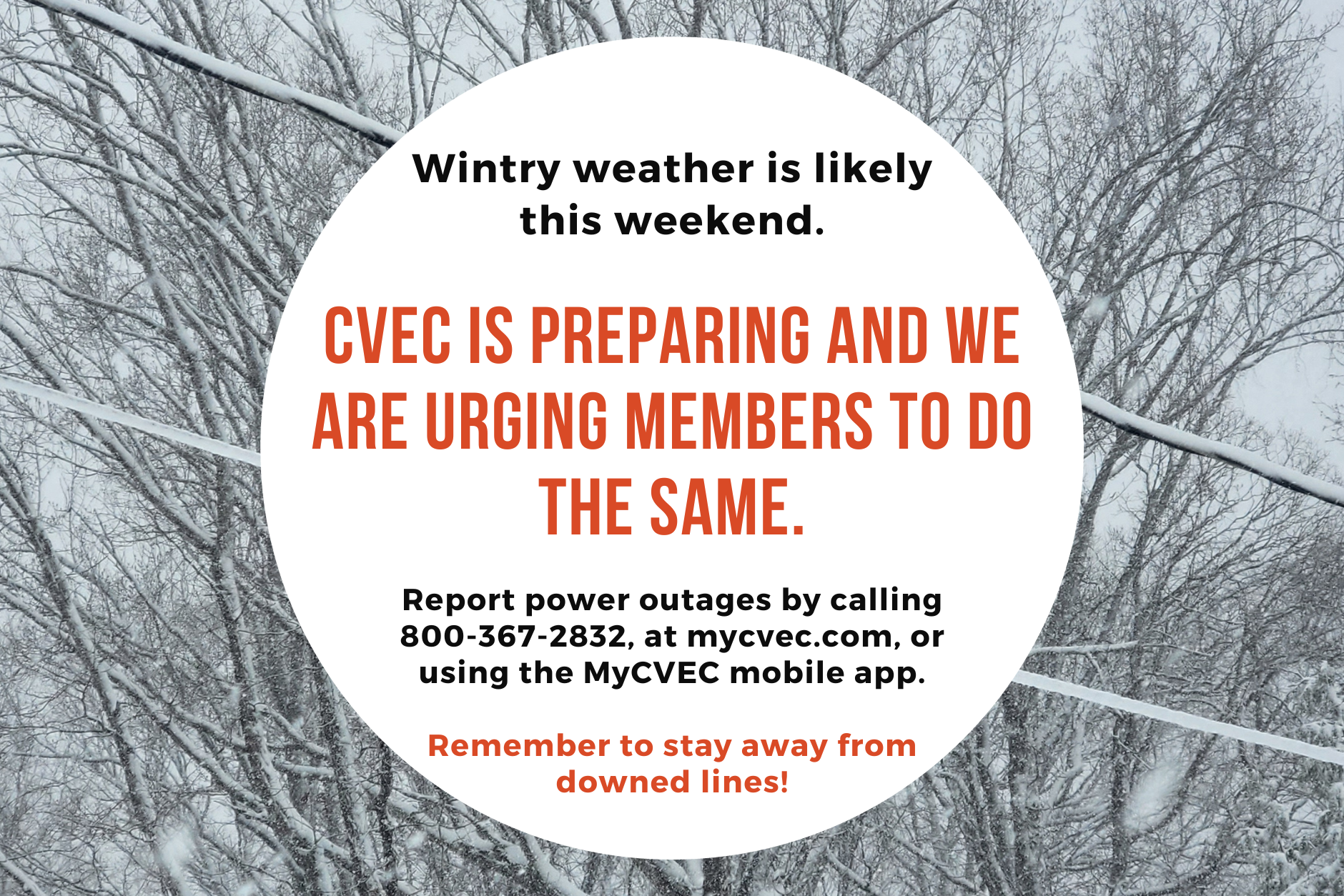
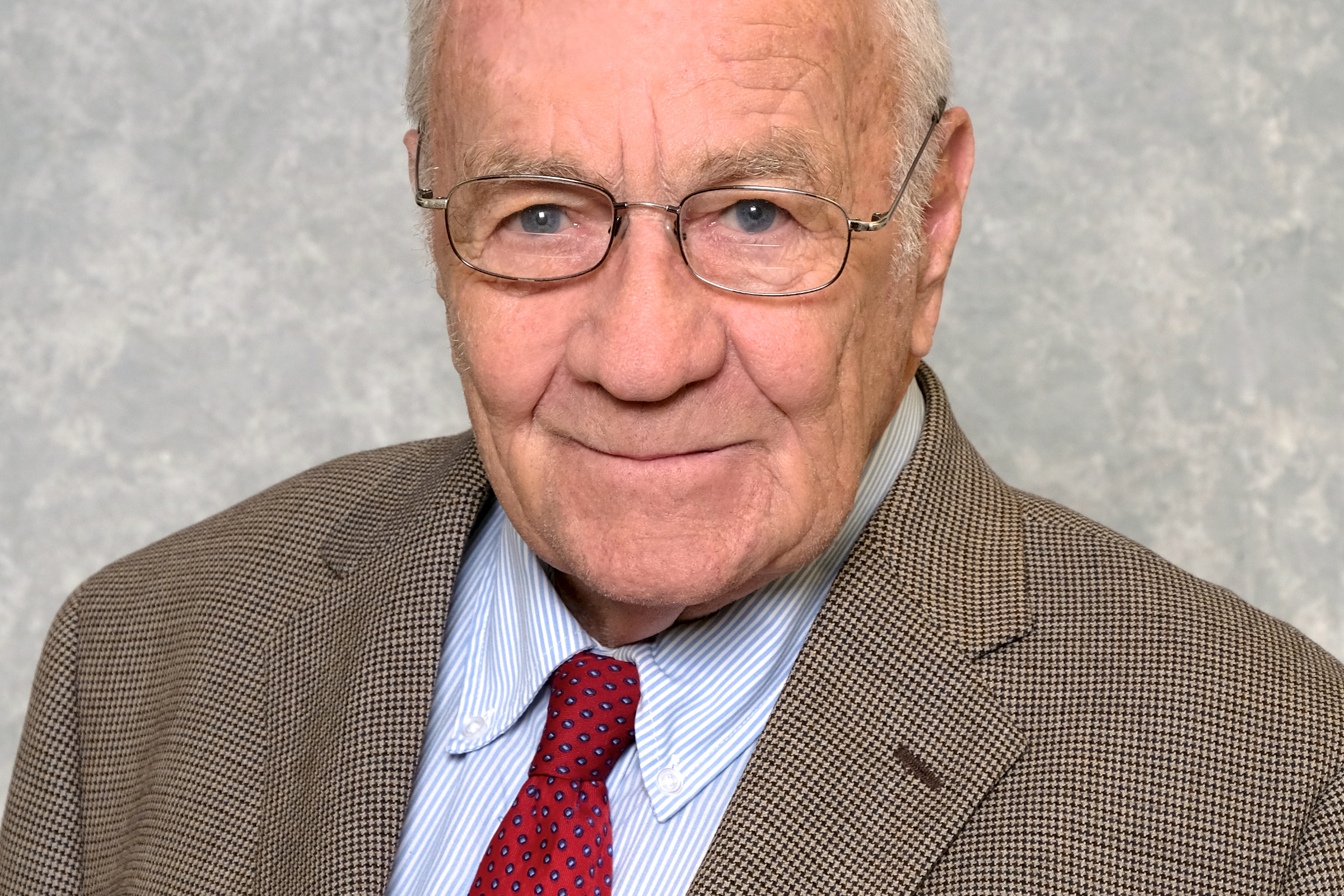
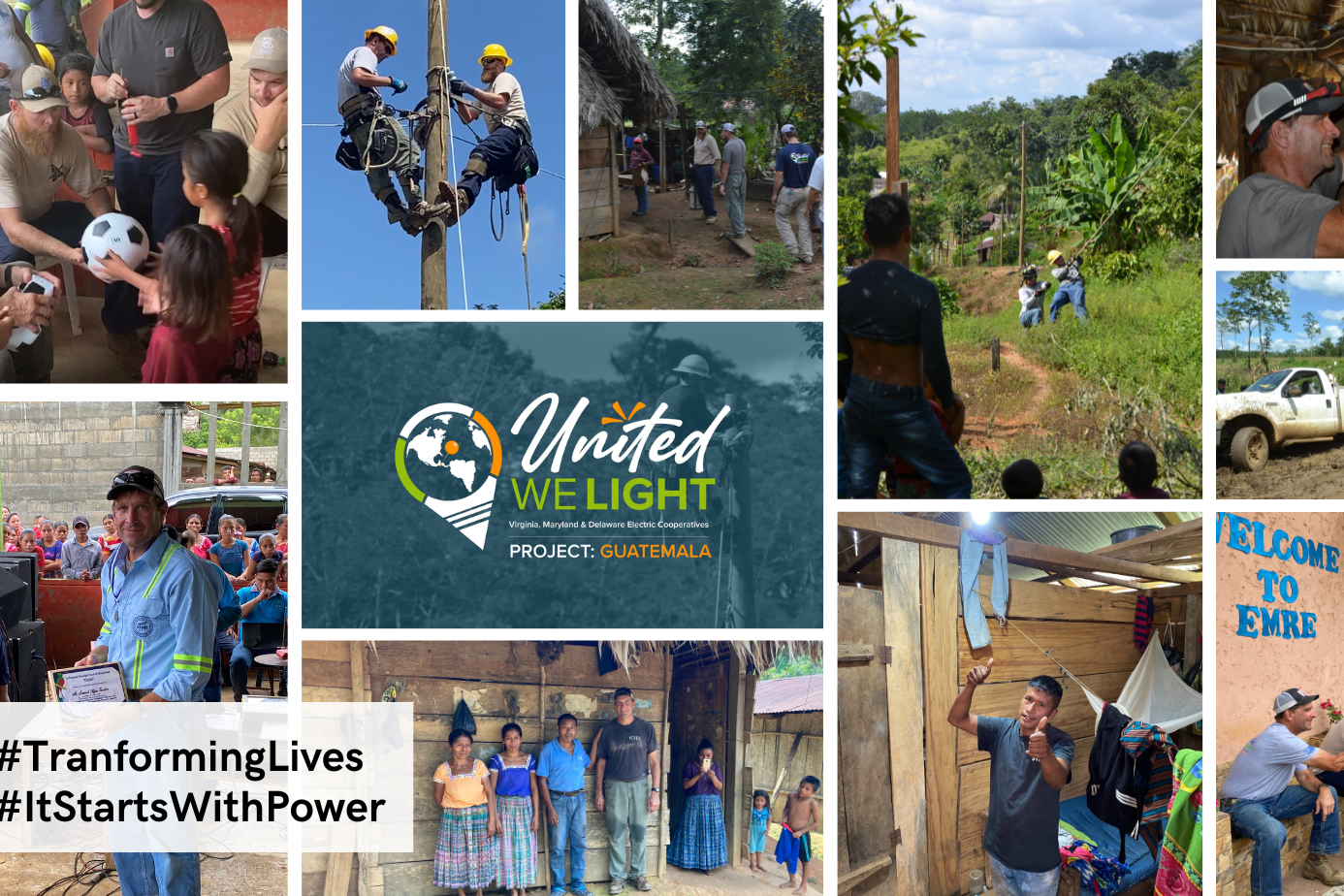













_CVEC_Apprentices_Clay_Umbarger,_Scott_Chisholm,_Mike_Reynolds,_Graham_Hughes,_Travis.jpg)























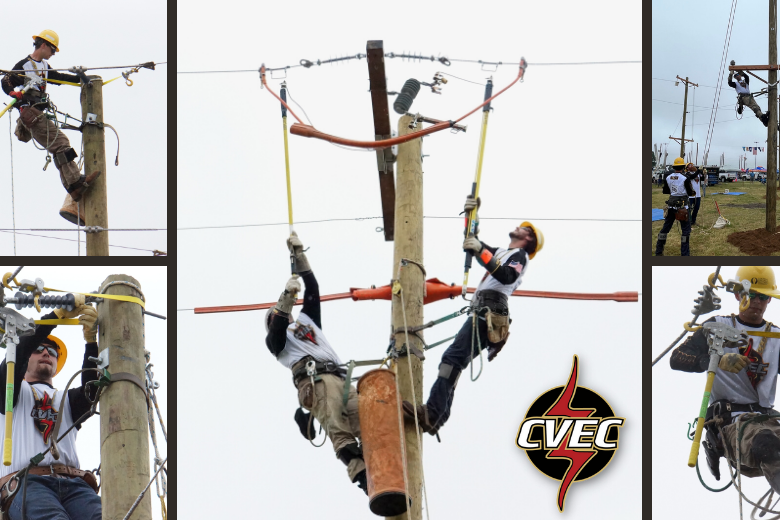



















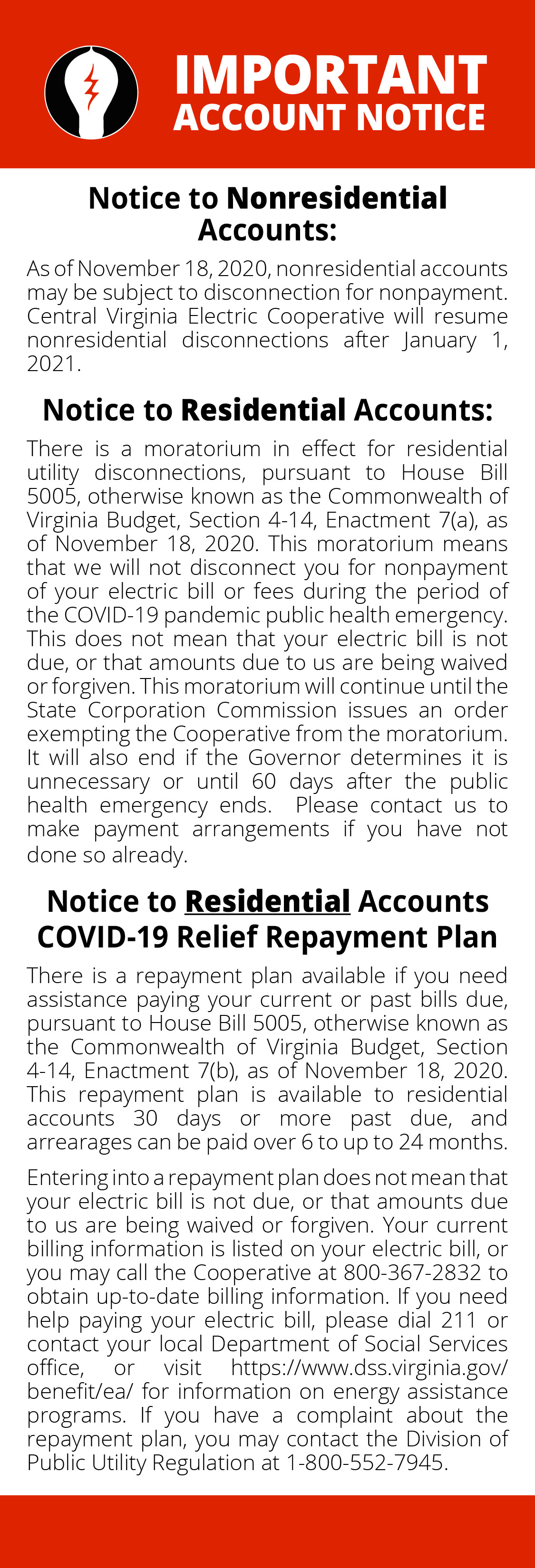




_.png) The Annual Meeting, previously scheduled for June 10, has been postponed to September 23, 2020. CVEC will make every effort to hold the meeting in person; however, more time is needed to determine if that is possible for this year.
The Annual Meeting, previously scheduled for June 10, has been postponed to September 23, 2020. CVEC will make every effort to hold the meeting in person; however, more time is needed to determine if that is possible for this year. 
 Five Central Virginia high school seniors have each earned $1,000 college scholarships awarded by the Education Scholarship Foundation of the Virginia, Maryland & Delaware Association of Electric Cooperatives. The recipients are:
Five Central Virginia high school seniors have each earned $1,000 college scholarships awarded by the Education Scholarship Foundation of the Virginia, Maryland & Delaware Association of Electric Cooperatives. The recipients are:
 Who is Altitude Imaging?
Who is Altitude Imaging?










 Fifteen volunteer electric cooperative lineworkers have returned to the United States from Bolivia with heavier beards, weary eyes and thinner waistlines.
Fifteen volunteer electric cooperative lineworkers have returned to the United States from Bolivia with heavier beards, weary eyes and thinner waistlines.



 After a day of rest, the lineworkers will return home on Sept. 21.
After a day of rest, the lineworkers will return home on Sept. 21.



 Photo: From left, Herbert Patrick, chairman of the Board of Directors of the Virginia, Maryland & Delaware Association of Electric Cooperatives, presents a proclamation of gratitude on behalf of the association to Gary Wood, president and CEO of Central Virginia Electric Cooperative.
Photo: From left, Herbert Patrick, chairman of the Board of Directors of the Virginia, Maryland & Delaware Association of Electric Cooperatives, presents a proclamation of gratitude on behalf of the association to Gary Wood, president and CEO of Central Virginia Electric Cooperative.

 More competitors, more vendors, a bigger awards banquet and even more grillers — just about everything about the 17th annual Gaff-n-Go Equipment Operator’s and Lineman’s Rodeo set a record.
More competitors, more vendors, a bigger awards banquet and even more grillers — just about everything about the 17th annual Gaff-n-Go Equipment Operator’s and Lineman’s Rodeo set a record.  inemen Matt Wilbun and Brute Gardner, and Training & Safety Specialist Randy Golladay served as volunteer judges for this year’s event, while Lineman T.R. Eubank served as Rodeo Coach for the CVEC competitors. Retired CVEC employee C.T. Bryant continues to co-chair the Gaff-n-Go Rodeo Working Group.
inemen Matt Wilbun and Brute Gardner, and Training & Safety Specialist Randy Golladay served as volunteer judges for this year’s event, while Lineman T.R. Eubank served as Rodeo Coach for the CVEC competitors. Retired CVEC employee C.T. Bryant continues to co-chair the Gaff-n-Go Rodeo Working Group.


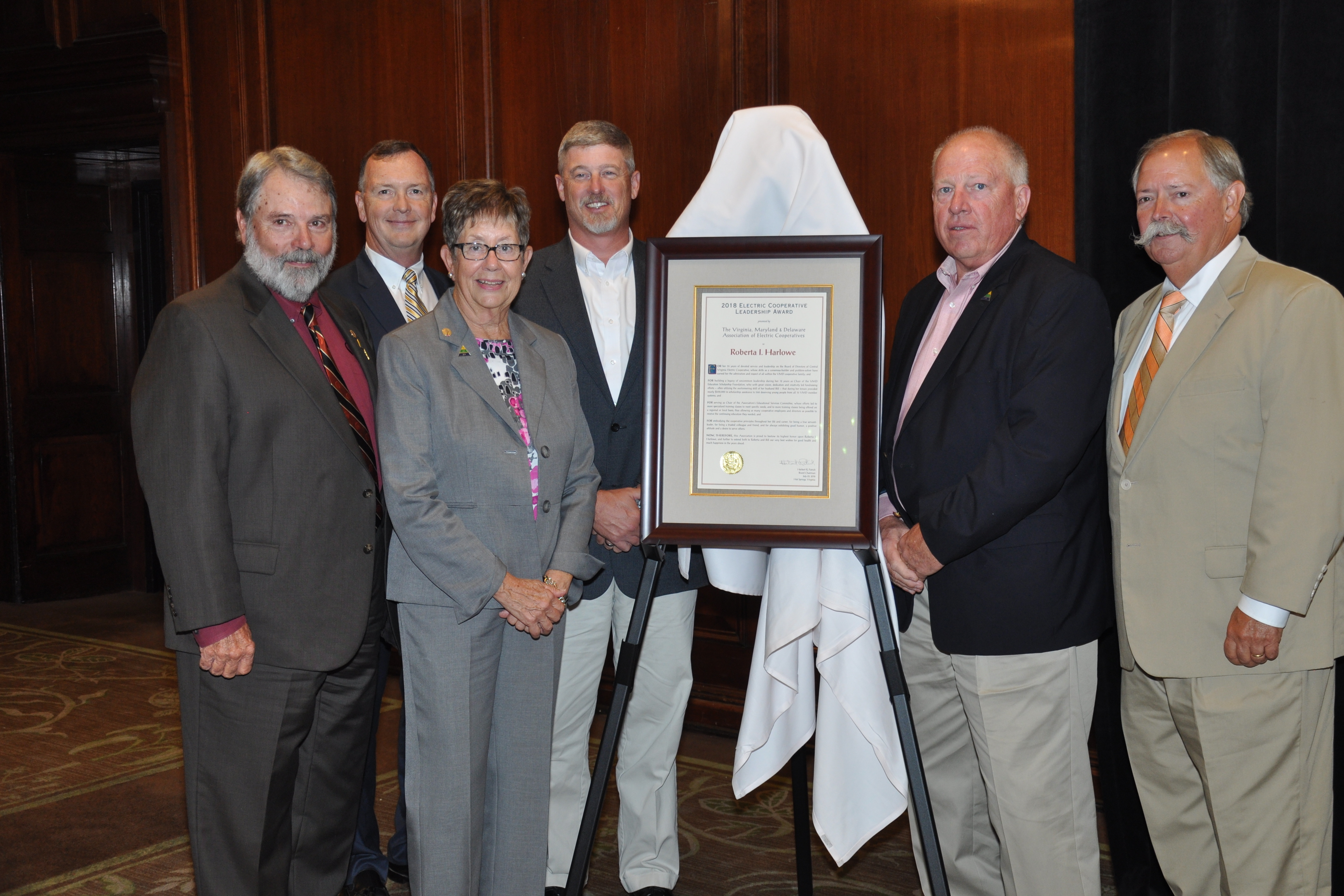
 Roberta I. Harlowe of Fluvanna County has received the 2018 Electric Cooperative Leadership Award from the Virginia, Maryland & Delaware Association of Electric Cooperatives (VMDAEC). The Association’s highest honor, this award recognizes outstanding co-op leaders within the three-state region. Harlowe accepted her award at the association’s July 23 annual meeting in Hot Springs, following a surprise presentation attended by family and friends.
Roberta I. Harlowe of Fluvanna County has received the 2018 Electric Cooperative Leadership Award from the Virginia, Maryland & Delaware Association of Electric Cooperatives (VMDAEC). The Association’s highest honor, this award recognizes outstanding co-op leaders within the three-state region. Harlowe accepted her award at the association’s July 23 annual meeting in Hot Springs, following a surprise presentation attended by family and friends.
 Designs for Central Virginia Electric Cooperative's broadband fiber network have been approved and CVEC is commencing the make-ready process at the Appomattox substation. You can expect to see our red CVEC trucks on your land and in your area to complete the work needed to prepare the poles and infrastructure for the installation of the fiber.
Designs for Central Virginia Electric Cooperative's broadband fiber network have been approved and CVEC is commencing the make-ready process at the Appomattox substation. You can expect to see our red CVEC trucks on your land and in your area to complete the work needed to prepare the poles and infrastructure for the installation of the fiber.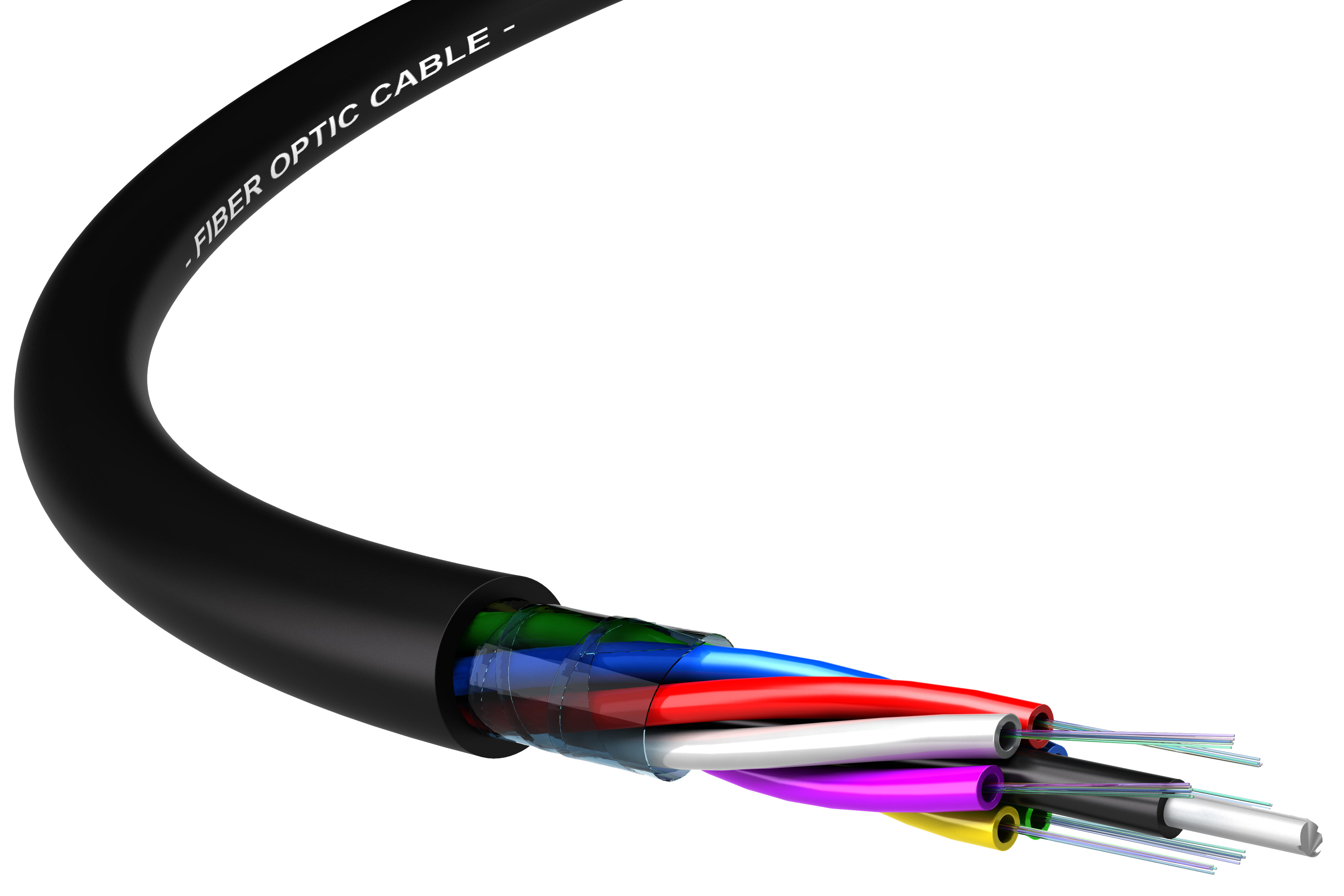

 Guests from the Fluvanna County Administration, the National Rural Electric Cooperative Association, (NRECA), McCarthy Building Companies (the contractor company responsible for the construction of both solar facilities), and Coronal Energy, owner and operator of both solar sites, mingled with CVEC staff and members of the Board of Directors, waiting for Governor Ralph Northam to arrive. Reporters from local newspapers and news channels moved through the gathering, adding to the excitement in the air.
Guests from the Fluvanna County Administration, the National Rural Electric Cooperative Association, (NRECA), McCarthy Building Companies (the contractor company responsible for the construction of both solar facilities), and Coronal Energy, owner and operator of both solar sites, mingled with CVEC staff and members of the Board of Directors, waiting for Governor Ralph Northam to arrive. Reporters from local newspapers and news channels moved through the gathering, adding to the excitement in the air. Guests were then invited to tour the 21,700-panel solar facility, escorted by Coronal Energy engineer Jake Wyatt. After enjoying refreshments and pictures, guests dispersed, still under a sunny sky. The event was an enormous success and welcomes a bright future as solar power takes its place as a leading energy source in the electricity market.
Guests were then invited to tour the 21,700-panel solar facility, escorted by Coronal Energy engineer Jake Wyatt. After enjoying refreshments and pictures, guests dispersed, still under a sunny sky. The event was an enormous success and welcomes a bright future as solar power takes its place as a leading energy source in the electricity market.
